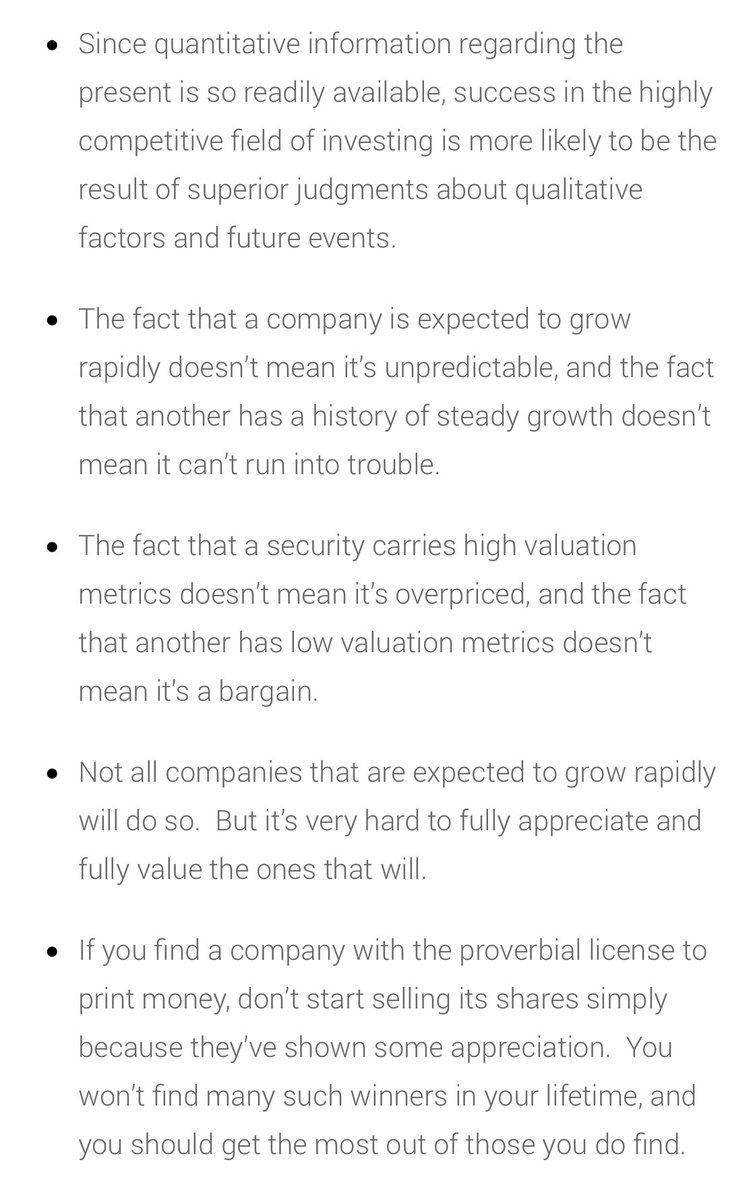
1/ When I think about a particular decision that relates to Covid, I try hard to think like Richard Zeckhauser. Pretending that all you face is risk, rather than uncertainty and ignorance, is dangerous. Probabilities and future states are not always known.
google.com/amp/s/25iq.com…
google.com/amp/s/25iq.com…
2/ Charlie Munger: “The right way to think is the way [Harvard Professor Richard] Zeckhauser plays bridge. It’s just that simple.” “Smart people make these terrible boners. …Well maybe a great bridge player like Zeckhauser [doesn’t], but that’s a trained response." 

3/ Risk is when probabilities are well defined. It is much less important than uncertainty.
Uncertainty, not risk, is most regularly before us: we can identify the states of the world, but not their probabilities.
Ignorance is when some potential states cannot be identified.
Uncertainty, not risk, is most regularly before us: we can identify the states of the world, but not their probabilities.
Ignorance is when some potential states cannot be identified.

4/ If you believe all you face is Covid risk and not uncertainty and ignorance you haven't been paying much attention to what has happened over the past year. We do not know probabilities of many Covid aspects. There are many potential future states we did not and do not know.
• • •
Missing some Tweet in this thread? You can try to
force a refresh








